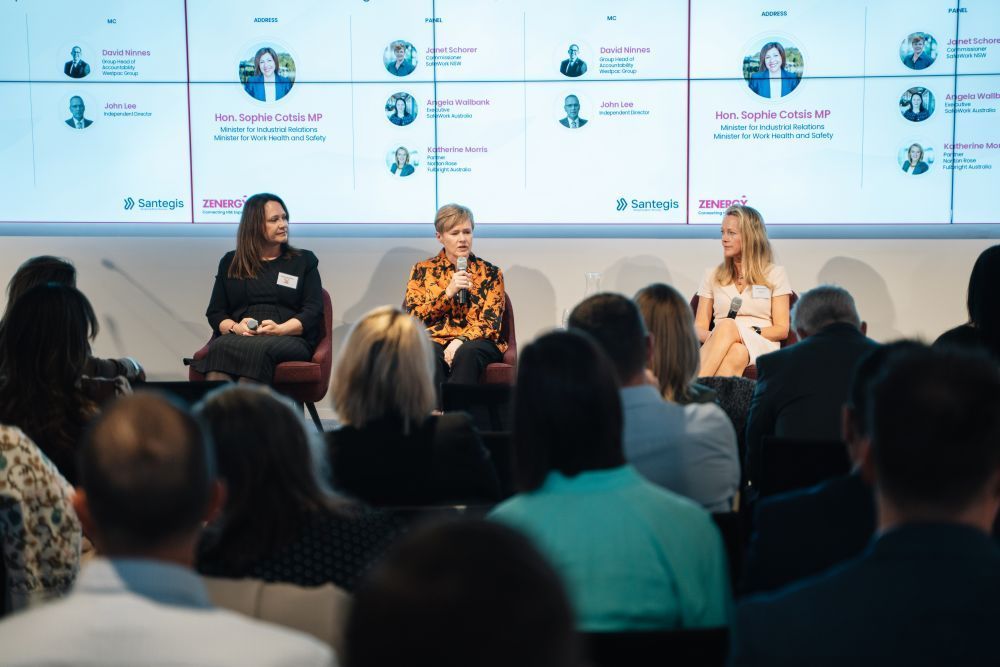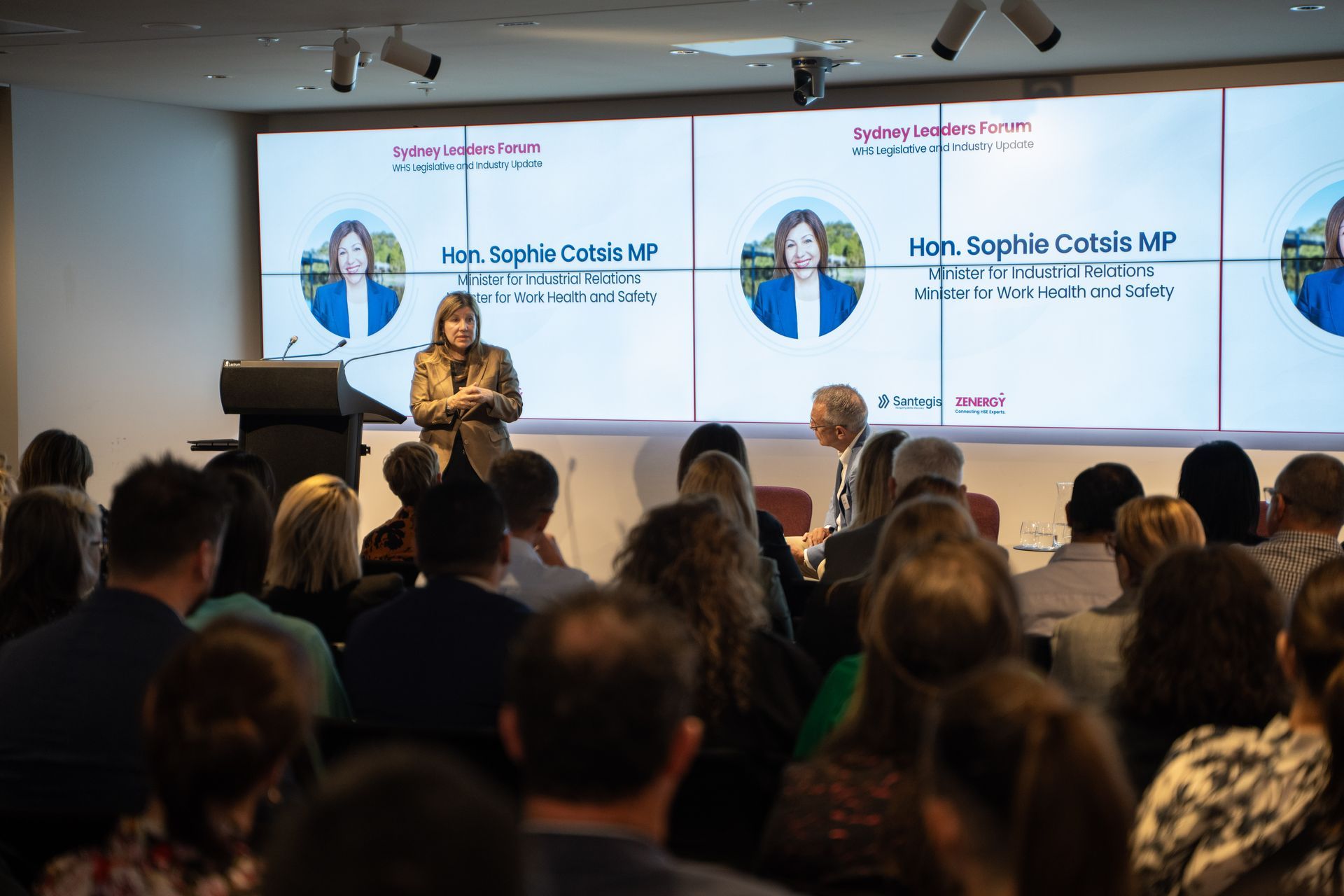Will NSW’s growing construction industry force people to put a price on culture?
NSW has a significant amount of high-value construction projects in the pipeline. What will this mean for talent acquisition in the industry?
The construction industry in NSW is set for major changes as it approaches record amounts of infrastructure spending. Currently, there is more than $100 billion worth of projects in the pipeline which will be delivered over the coming years, a level of activity which will put significant pressure on organisations with regards to their talent acquisition strategies.
Some of the biggest changes will be to organisations will be the attraction and retention of staff to enable them to deliver projects on time and in budget. In too many cases, organisations equate being competitive in the recruitment market with offering more attractive salary options than their rivals. For a number of companies, a bidding war of that nature is unsustainable, a fact which will force many to change the way they attract talent. But if money isn’t the be all and end all, what can you do to keep your best talent?
Building a culture in NSW’s competitive construction industry
Project deadlines and penalties for delayed delivery dates are putting immense pressure on company’s salary and contractor rates. I have recently witnessed clients double candidates salary to work on their project and I think that we are only on the leading edge of what companies are going to experience for the next 5 + years here in NSW. Sydney has more largescale infrastructure projects happening concurrently than I have ever witnessed and with interest rates at record lows, commercial and residential construction is also at peak levels. There is a very similar scenario to the employment market conditions that occurred in Western Australia a few years back.
This will challenge organisations that can’t compete dollar for dollar with those who are able to offer big salaries. What they can do, however, is create a positive culture where people want to work and develop.
In the coming years, NSW will set new state records for infrastructure investments and private sector developments. When organisations begin thinking about how to compete for talent, many first turn to the idea of offering higher salaries and leave it that. What they need to realise, however, is that this is far from the only – or in fact ideal – solution. By competing with culture, organisations gain a tactical approach to talent management, one that means it’s not about who has the biggest wallet.
Supportive environments rely on culture
Having former NRL Coach Matt Elliott as part of our team, he constantly reminds us that simply buying talent will not guarantee success. “Individuals can see the bigger picture that lurks beyond the chequebook. There are so many examples in the sporting arena of players turning down higher offers so stay with their current team. Culture, success and the desire to be a part of an organisations vision are the key components to retaining your team”.
Being the best performing organisation in the NSW construction industry doesn’t necessarily mean having the resources to offer the highest salaries. Instead, it will rely on an organisation’s ability to create a supportive culture that means people want to work there.
Whats your plan B?
Through a recent event at the Sydney Football Stadium, Craig Fitzgibbon explained the importance of having a mix of key talent as part of your team and developing players around them.
Developing talent will need to be a part of everyone’s strategy to ensure the successful delivery of projects that are in the pipeline. We are not expected to reach peak workforce for another 18 months or so which will mean a continually tightening candidate market and increasing salaries for a while to come yet.
The key areas that we are keeping a close watch on are growth in other sectors and states.
There are quite a few large projects due to be announced in Victoria and with a commodities market showing signs of intermittent strength this could really play havoc for companies capability to resource effectively.
To find out more about how Zenergy can make your organisation more competitive when searching for talent, get in touch with the team today.






